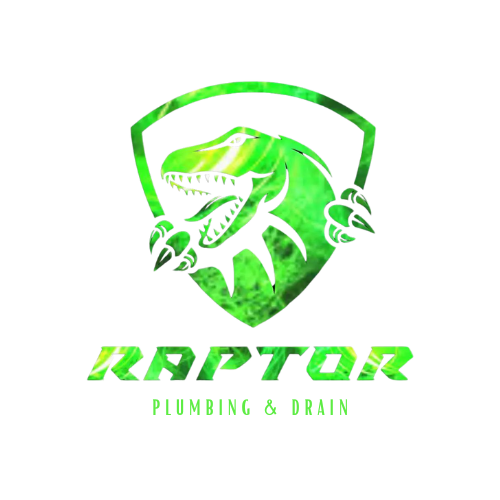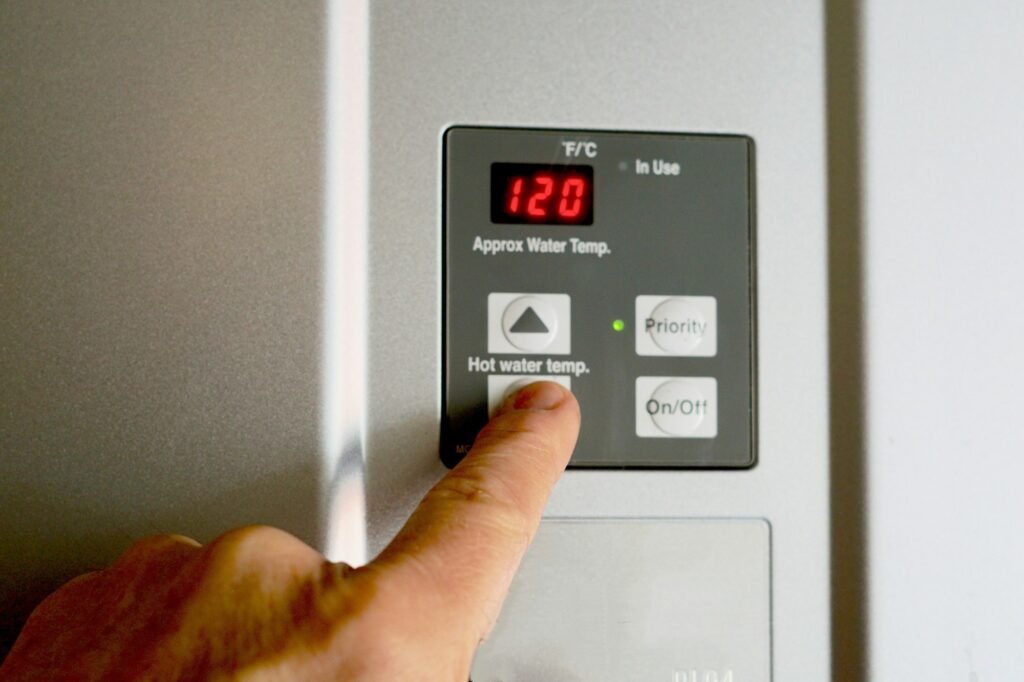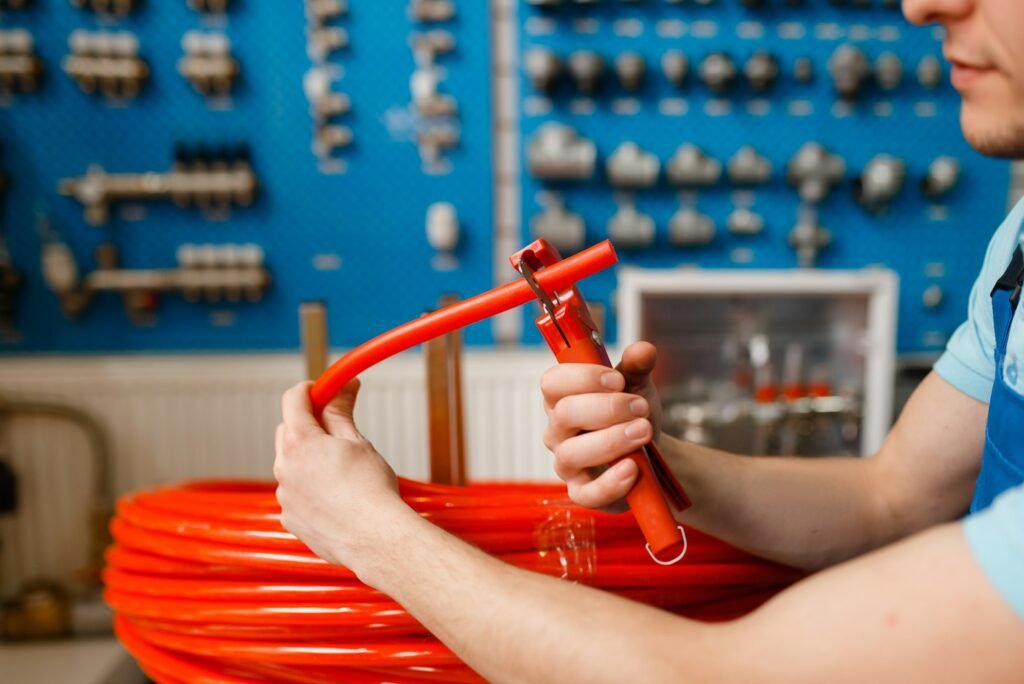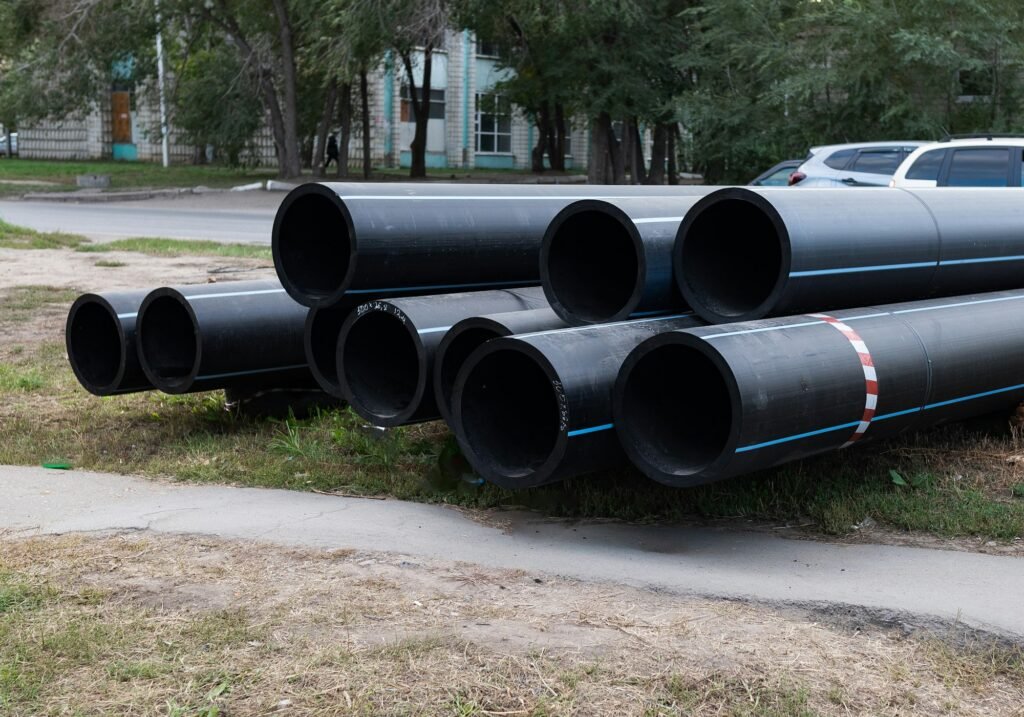Choosing the best water heater for your home is essential for ensuring a steady supply of hot water while keeping your energy bills in check. With various options available, it can be overwhelming to make the best choice. In this guide, we’ll walk you through the key factors to consider and help you make an informed decision.
1. Determine Your Hot Water Needs
Assess Your Household Size and Usage:
- The size of your household and daily water usage are crucial factors. A family of four will have different needs than a single occupant.
- Tip: Consider the peak usage times, such as morning showers and evening dishwashing.
Estimate Your Water Consumption:
- Calculate the total gallons per minute (GPM) required during peak usage.
- Example: Showers typically use 2.5 GPM, dishwashers 1.5 GPM, and washing machines 2 GPM.
2. Choose the Right Type of Water Heater
Conventional Storage Tank Water Heaters:
- These are the most common type, featuring a tank that stores hot water.
- Pros: Lower upfront costs, and reliable supply of hot water.
- Cons: Continuous heating, higher energy consumption.
Tankless (On-Demand) Water Heaters:
- These heat water only when needed, without a storage tank.
- Pros: Energy-efficient, endless hot water supply, space-saving design.
- Cons: Higher upfront costs, and potential flow rate limitations.
Heat Pump Water Heaters:
- These use electricity to transfer heat from the air or ground to heat the water.
- Pros: Highly energy-efficient, can save on energy bills.
- Cons: Higher upfront costs, may not perform well in cold climates.
Solar Water Heaters:
- These use solar panels to heat the water.
- Pros: Eco-friendly, can significantly reduce energy costs.
- Cons: High initial investment, depending on sunlight availability.
3. Consider Energy Efficiency
Look for Energy Star Ratings:
- Water heaters with Energy Star ratings meet strict energy efficiency guidelines.
- Tip: Higher efficiency units may have a higher upfront cost but save more on energy bills over time.
Check the Energy Factor (EF):
- The EF measures the water heater’s efficiency. The higher the EF, the more efficient the unit.
- Example: An EF of 0.9 means 90% of the energy is used to heat the water, while 10% is lost.
4. Calculate the Initial and Operating Costs
Initial Purchase and Installation Costs:
- Consider the cost of the water heater unit and the installation charges.
- Tip: Tankless water heaters typically have higher installation costs due to the need for new venting and electrical work.
Operating and Maintenance Costs:
- Factor in the energy costs, potential maintenance, and repairs over the water heater’s lifespan.
- Example: While a solar water heater might have higher upfront costs, the long-term savings on energy bills can be substantial.
5. Evaluate Space and Location
Space Requirements:
- Assess the available space for installing the water heater. Conventional storage tank heaters require more space than tankless models.
- Tip: Measure the area where you plan to install the water heater to ensure it fits comfortably.
Location Considerations:
- The location can impact the efficiency and ease of installation.
- Example: Installing a water heater in a central location can reduce the time it takes for hot water to reach faucets and showers.
6. Look for Advanced Features
Smart Controls and Connectivity:
- Modern water heaters come with smart controls that allow you to monitor and adjust settings remotely via a smartphone app.
- Benefit: Smart features can help you track energy usage and detect issues early.
Enhanced Safety Features:
- Look for models with safety features such as automatic shutoff, temperature regulation, and leak detection.
- Tip: Safety features can prevent accidents and damage, giving you peace of mind.
Choosing the right water heater for your home involves considering your hot water needs, the type of water heater, energy efficiency, costs, space requirements, and advanced features. By evaluating these factors, you can select a water heater that meets your needs and helps you save on energy costs. For expert advice and installation, contact Raptor Plumbing & Drain today.




